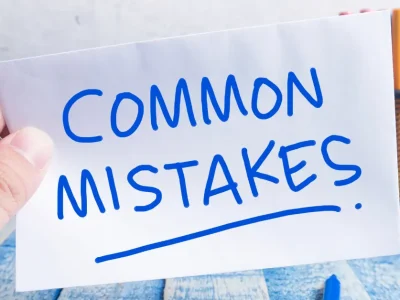It’s no secret. Whether you’re writing an essay for the bar exam, a memo for a client, or a brief for a judge, your readers already know that you went to law school. There’s no need to beat them over the head with it! So why fill your writing with a bunch of legal jargon? It’s stale, boring, and a huge turnoff for your readers.
But what exactly is legalese? Sometimes it’s the unnecessary use of Latin—phrases like ab initio, a fortiori, and bona fide are a dead giveaway. Other times it’s using English words you’d never say out loud—words like “aforementioned,” “wherein,” and “hereafter.” Still other times it’s shoehorning too many words or concepts into a single sentence—often via semicolons or multiple “and”s. Here’s an example:
Inasmuch as the cousin referenced herein was a bona fide purchaser of the property, the sale to the nephew was void ab initio and, as such, the cousin shall hereafter be deemed the owner of said property.
Pretty pompous, right? Legalese is basically a lose-lose proposition. It will make your readers roll their eyes or groan as they struggle through your writing. It will distract them from the substance of your otherwise brilliant work. So keep your writing clean, simple, and free of legalese. With just a little time and attention, you can easily weed out the legalese:
Since the cousin mentioned above purchased the property in good faith, the sale to the nephew was ineffective from the beginning. As a result, the cousin now owns the property.
Here are some other ways for you to bring legalese to its knees:
| LEGALESE | PLAIN ENGLISH | EXAMPLE |
|---|---|---|
| a fortiori | even more so | “If he can afford to buy a car, then |
| heretofore | before, previously, until now | “The defendant’s argument has |
| inasmuch as | since | “ |
| instant case | here | “The statute applies |
| in the event that | if | “ |
| inter alia | among other things | “The plaintiff’s complaint included a prayer for, |
| notwithstanding | despite | “He let his daughter borrow the car |
| pursuant to | in accordance with, under | “The plaintiff should prevail |
| thereafter | later, subsequently | “The bank robber |
| wherein | in which, where | “The key unlocked the safe |
So in the event that if our message has heretofore previously been unclear notwithstanding despite our best efforts, kindly allow us to summarize: Nix the legalese! It will make your writing readable, relatable, and persuasive. Plain English is plain better!
If you want more examples of plain, clear writing that’s not pretentious, take a look at our expertly crafted MBE® explanations. Click here to access the UWorld MBE QBank or purchase a subscription.




